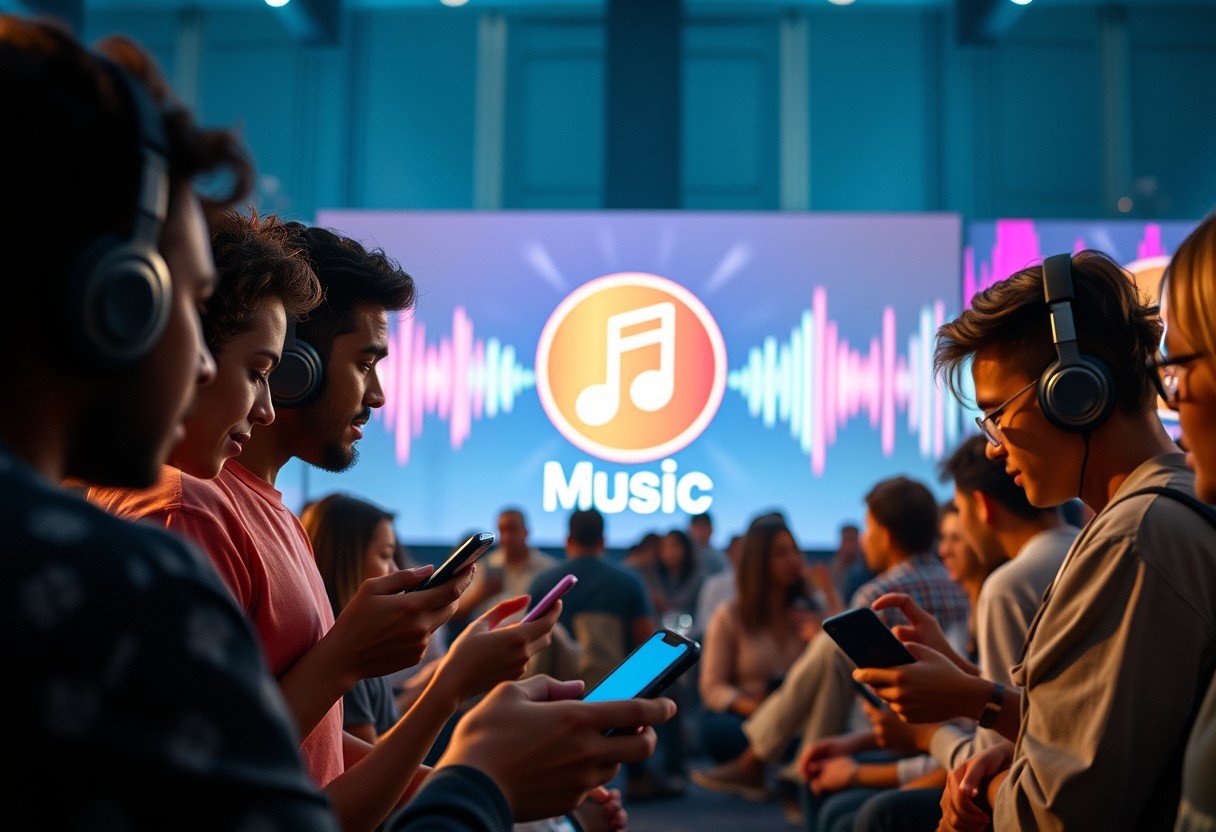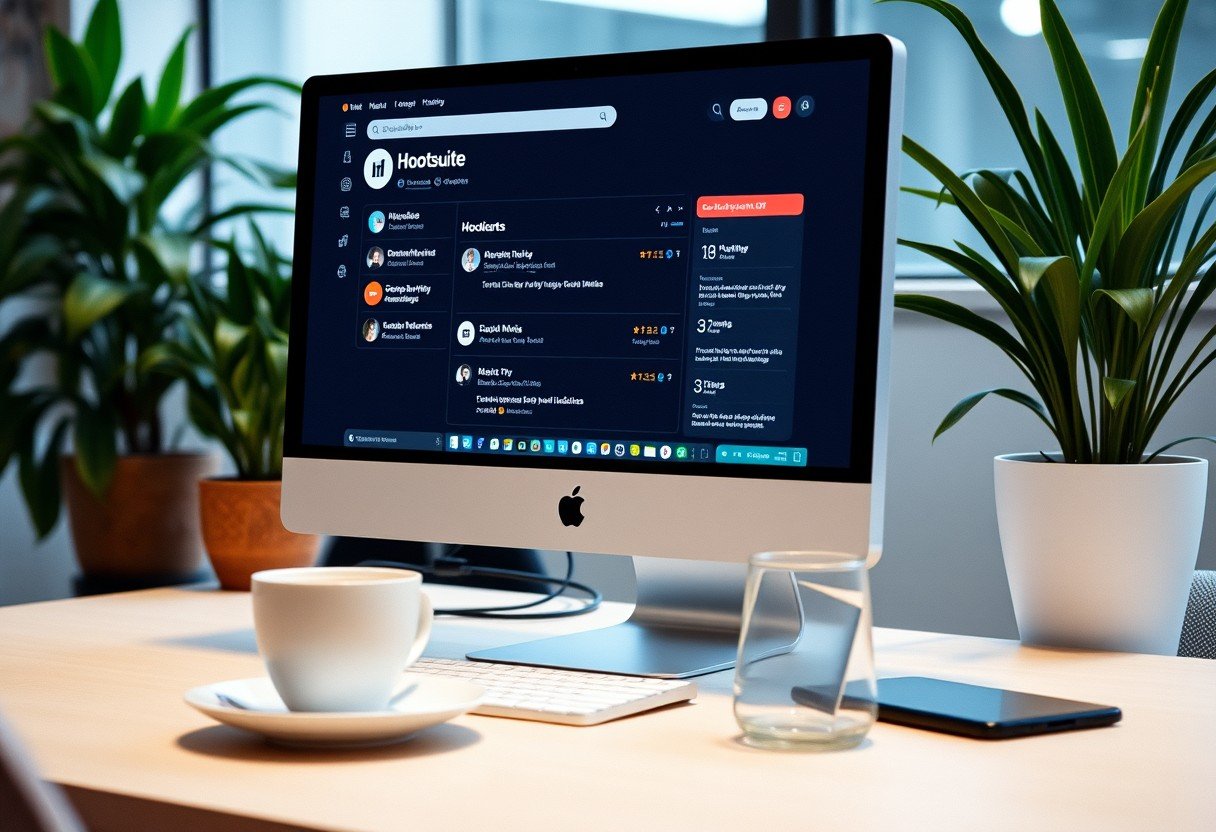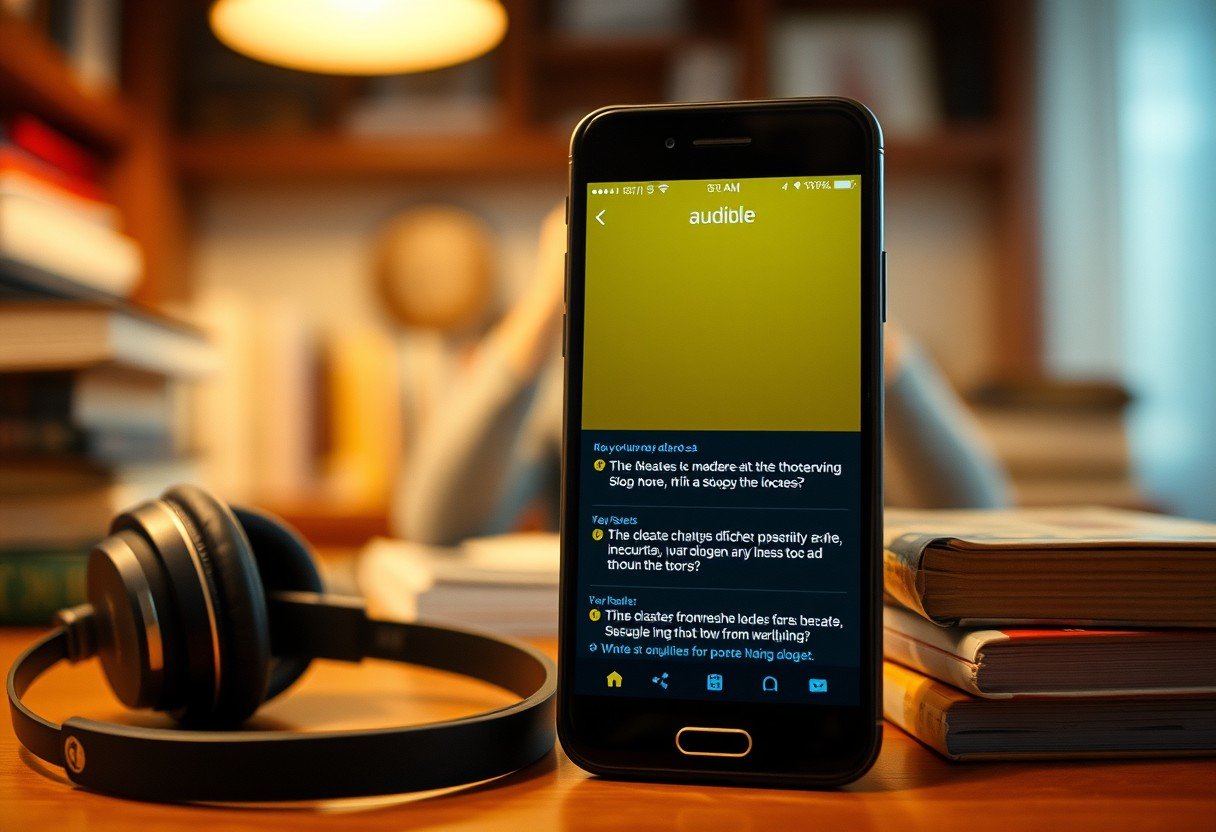Apple Music offers a massive library of over 90 million songs, but does that mean it has every track you want to hear? The short answer is no. While its collection is vast, you may find gaps in the catalog due to complex factors like music licensing, artist choices, and where you live. This guide explores why some songs are missing and what you can do about it, helping you understand the full scope of Apple Music’s offerings.
How Big is the Apple Music Library?
Apple Music’s catalog is one of the largest in the streaming world. With a library boasting more than 90 million songs, it provides an incredible range of music for almost every taste. This includes everything from the latest pop hits to timeless classical compositions and underground indie tracks.
The platform works hard to offer a comprehensive selection by partnering with major record labels and independent distributors alike. This means you can find music from global superstars right alongside emerging artists who are just starting their careers.
However, the sheer size of the library doesn’t guarantee completeness. While 90 million is an impressive number, it doesn’t include every song ever recorded. The music industry is a complicated web of rights and agreements, which directly impacts what becomes available for streaming.
Why Some Songs Are Missing from Apple Music
You might be frustrated when you search for a favorite song or album only to find it’s not there. This usually isn’t an oversight by Apple but the result of specific industry practices and decisions. Several key factors contribute to these gaps in the music library.
The most common reason a song is unavailable is due to licensing. Before a track can appear on Apple Music, Apple must negotiate a licensing agreement with the rights holders, which can include record labels, publishers, and the artists themselves. If they can’t reach an agreement, the music won’t be added.
Here are the primary reasons for missing content:
- Licensing Agreements: Sometimes, a record label and Apple cannot agree on the financial terms for streaming a particular artist’s catalog or album.
- Artist Preferences: Some artists choose to withhold their music from streaming services, preferring to sell it through platforms like iTunes or on physical media.
- Platform Exclusivity: An artist might sign an exclusive deal with a competing service like Tidal or Spotify, meaning their new album will only be available there for a certain period.
These issues can be temporary, as contracts are often renegotiated. A song that is missing today might appear on the service a few months from now.
The Impact of Regional Restrictions on Your Music
One of the most surprising limitations for users is geographic restrictions. The song catalog you see in the United States might be significantly different from what a user sees in Japan or the United Kingdom. This is entirely due to how music licenses are negotiated on a country-by-country basis.
A record label may grant Apple the rights to stream an album in North America but not in Europe. This can be particularly frustrating for people who travel. You might create the perfect playlist at home, only to find that half the songs are greyed out and unplayable when you land in another country.
These regional differences also affect your ability to discover international music. An artist who is a superstar in South Korea might not have their music available globally if their label hasn’t secured a worldwide distribution deal. Ultimately, your location plays a major role in shaping your listening experience on Apple Music.
How Does Apple Music Compare to Other Services?
When you realize Apple Music doesn’t have every song, it’s natural to wonder if another platform does. While no service has a truly complete catalog, their libraries and features differ. Competitors like Spotify, Tidal, and Amazon Music face similar licensing challenges but sometimes secure different deals.
For instance, Spotify is well known for its powerful music discovery algorithms and collaborative playlists. Tidal, on the other hand, appeals to audiophiles by offering high-fidelity audio quality, which provides a richer, more detailed listening experience. Comparing these services can help you find the best fit for your needs.
Here is a quick comparison of some popular streaming platforms:
| Feature | Apple Music | Spotify | Tidal |
| Library Size | 90+ million songs | 80+ million songs | 90+ million songs |
| Unique Feature | iTunes library integration | Personalized playlists | High-fidelity audio |
| Free Version | No | Yes (with ads) | Yes (with ads) |
Choosing a service often comes down to personal preference, such as which app interface you like best or which platform has a better selection of the niche genres you enjoy.
Can You Add Your Own Music to the Library?
One of Apple Music’s best features is its seamless integration with your personal iTunes library. This provides a powerful solution for filling the gaps in its streaming catalog. If you own rare tracks, live recordings, or songs from artists not on the platform, you can easily add them.
Using the iCloud Music Library feature, you can upload your own music files from a computer. Once uploaded, these tracks appear in your Apple Music library across all your devices, right alongside the streaming content. You can add them to playlists, download them for offline listening, and treat them just like any other song on the service.
This hybrid approach allows you to combine the vastness of Apple’s streaming catalog with the completeness of your personal music collection. It ensures you always have access to your favorite songs, regardless of whether they are available for streaming.
Frequently Asked Questions About Apple Music
Does Apple Music have every song ever made?
No, Apple Music does not have every song ever made. Despite its huge library of over 90 million tracks, gaps exist due to licensing issues, artists choosing not to participate, and exclusive deals with other platforms.
Why can’t I find a song on Apple Music that my friend has?
This is likely due to regional restrictions. Music licensing is done on a country-by-country basis, so a song available in your friend’s country may not be licensed for streaming in yours.
Are independent artists on Apple Music?
Yes, Apple Music features a wide range of independent and lesser-known artists. The platform provides tools for unsigned artists to distribute their music, giving them a chance to reach a global audience alongside major label acts.
Can I request a song to be added to Apple Music?
Apple does not have a formal public feature for requesting songs. However, the company monitors trends and user demand, and new licensing deals are constantly being negotiated, so missing tracks can be added over time.
What is the difference between Apple Music and the iTunes Store?
Apple Music is a subscription streaming service that gives you access to rent its entire catalog. The iTunes Store is a digital marketplace where you can purchase and permanently own individual songs and albums.









Leave a Comment